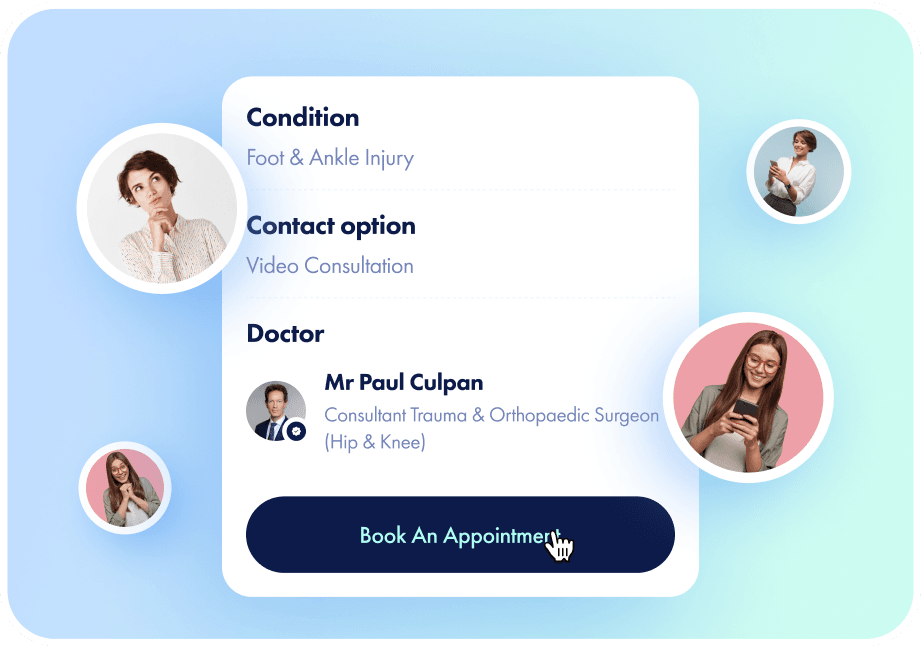Medical & Family History
The diagnosis process begins with a detailed conversation about your medical and family history. Your doctor will investigate various aspects, asking questions like:
Can you describe your pain?
Where exactly do you feel the pain?
When did the pain start, and how long has it persisted?
How intense is the pain, and what activities worsen or alleviate it?
Is there a history of arthritis or back pain in your family?
To get a clearer picture of the impact on your life, your doctor might also ask you to rate your pain on a scale of 1 to 10 and discuss your ability to perform daily activities.





















